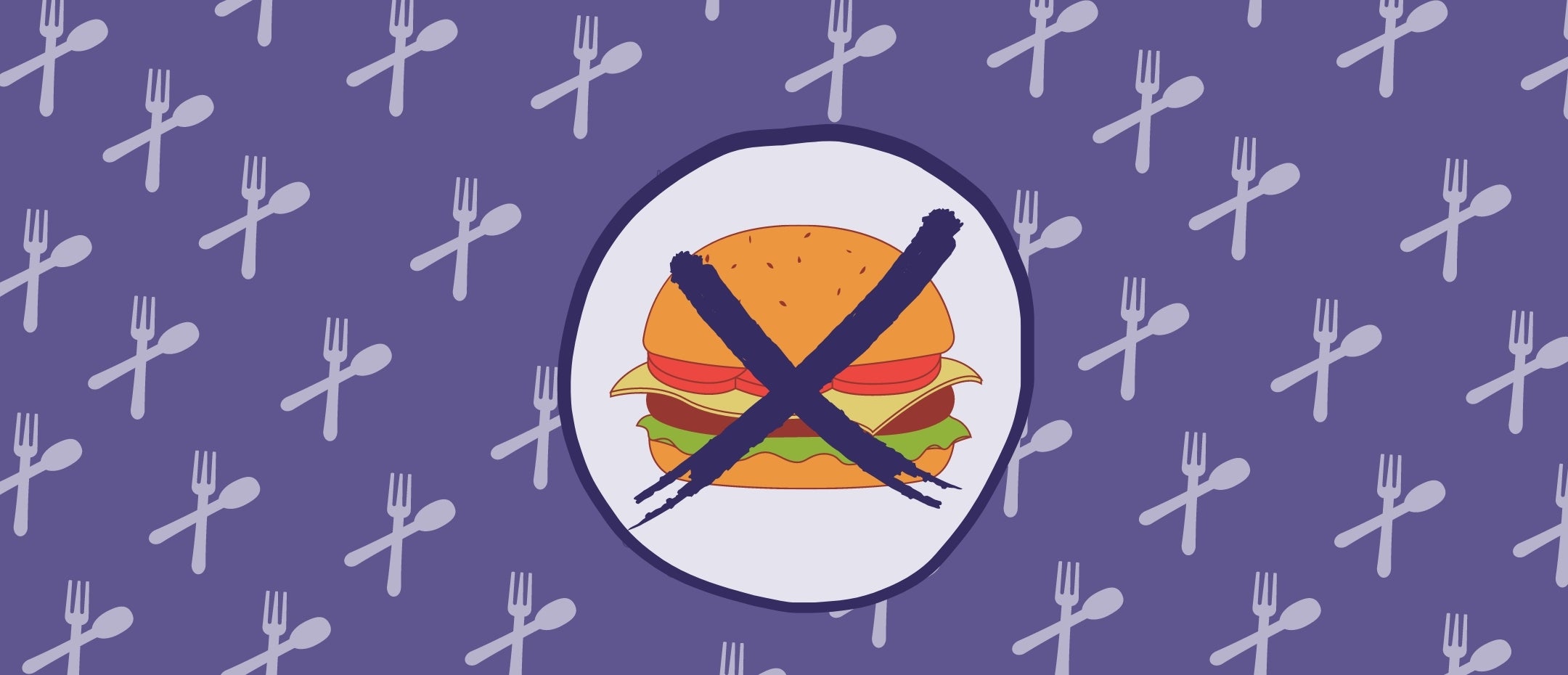Some say they have never slept better than when combining fasting and sleep, while others link intermittent fasting with insomnia and intense hunger. What’s the truth?
Unless you have been living under a rock for the past few years you will no doubt have read about the benefits of intermittent fasting. By essentially limiting your ‘eating window’ each day to around 8 hours, e.g. 12 pm-8 pm or 10 am-6 pm, you can enjoy a long list of health and wellbeing benefits:
-
Improved fat metabolization/weight loss
-
Lower blood pressure
-
Reduced cholesterol
This all sounds amazing in theory. By stopping eating mid-evening we end up burning fat while we sleep. How great is that?! Instead of all that huffing and puffing on a treadmill to burn fat, we get to just lie in our cosy bed, snoring the fat away.
The thing is there are conflicting opinions about intermittent fasting and sleep.
While some people thrive, losing fat and reporting amazing sleep quality, others find it extremely hard to fall asleep and suffer accordingly.
So let’s clear this up once and for all. Is Fasting and Sleep and match made in heaven or hell?
How Does Fasting Improve Sleep?

By stopping eating by mid-evening we ensure that we suffer no indigestion at bedtime from late-night snacks. The body can focus on resting rather than being side-tracked by digestion, which will keep us awake.
Fasting reduces insulin levels by bedtime, increasing melatonin and helping us feel sleepy and fall asleep easily. Studies have also shown that fasting leads to fewer awakenings in the middle of the night and less lower body agitation, which can often jolt us awake mid-sleep.
How does Fasting Cause Insomnia and Sleep Problems?

There is a danger that if we are too hungry at bedtime then rather than falling asleep we lie there wide awake, fantasizing about pizza and ice cream. Intense hunger increases our cortisol levels, putting the brakes on the melatonin production we need to feel sleepy and stay asleep.
This is why people report suffering from insomnia while fasting. The hunger is too intense, the body feels under stress and sleep just can’t happen. A few days/nights like this and we suffer the effects of sleep deprivation, fat loss stops, energy levels, and mood take a dive and we end up scrapping the whole idea of fasting.
The Best Way to Combine Fasting and Sleep

To derive all the benefits of fasting while also sleeping better we need to make sure that we aren’t THAT hungry at all at bedtime. We can do this by :
-
Firstly, making sure we get enough protein in our last meal, from things like meat, fish, beans, lentils, tofu, etc. Protein keeps us fuller for longer as we don’t digest and burn through it as fast as we do carbohydrates.
-
Secondly, we need to NOT reduce calories too much below our basal metabolic rate (BMR). We will ironically burn more fat and sleep better by eating just 200 calories below BMR each day than say 800, which would slow our metabolism too much (no fat loss) and increase cortisol levels at bedtime causing insomnia.
A couple of tweaks and we can make fasting and sleep work well together after all.
Case closed!










